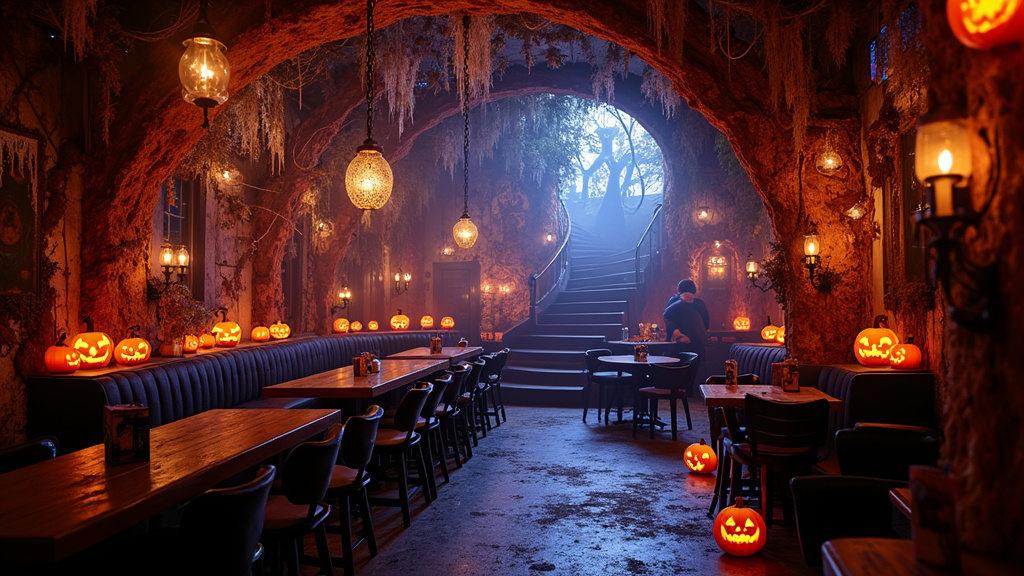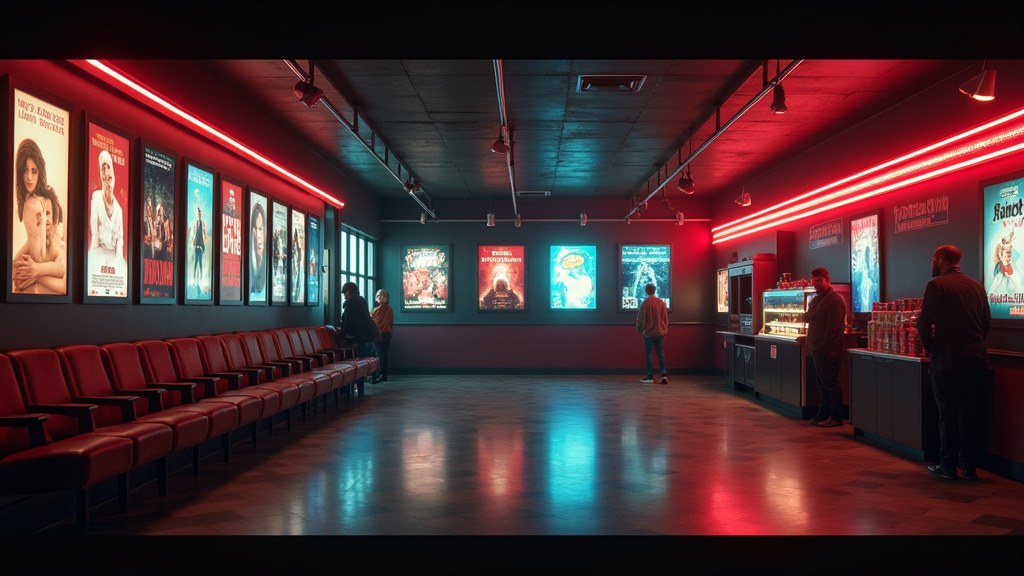A community meeting held on the evening of March 23rd in Chicago’s vibrant Wicker Park neighborhood became a focal point for resident concerns regarding the city’s proposed 4 AM bar pilot program. Organized by the Wicker Park Neighbors Association, the gathering drew a significant crowd of residents eager to voice their perspectives on the potential impacts of extending late-night hours for local establishments.
The atmosphere at the meeting was often described as heated, reflecting the deep-seated anxieties many residents hold about the initiative. Core concerns raised by attendees centered on three primary areas: amplified noise pollution, potential for decreased public safety, and an exacerbated strain on already limited parking resources.
Residents articulated that extending hours until 4 AM would inevitably lead to increased noise disturbances during critical overnight periods. This includes noise from patrons leaving establishments, amplified music potentially bleeding into residential areas during late hours, and heightened vehicle traffic as people depart. For a densely populated urban neighborhood like Wicker Park, where many residents live in close proximity to commercial corridors, the prospect of sustained late-night noise was presented as a direct threat to their quality of life and ability to get adequate rest.
Concerns surrounding decreased public safety were also prominently featured in resident testimonies. The worry is that later closing times could correlate with an increase in late-night disturbances, potential incidents related to intoxication, and a general sense of unease or insecurity on neighborhood streets during hours that are typically quiet. Residents expressed apprehension about the potential for increased loitering, public intoxication, and other disruptive behaviors that could arise from extended operating hours.
The third major point of contention was the anticipated strain on parking resources. Wicker Park is known for its challenging parking landscape, a common issue in many of Chicago’s popular neighborhoods. Residents argued that allowing bars to operate until 4 AM would lead to vehicles remaining parked on residential streets for significantly longer periods, occupying spaces crucial for residents. This could further intensify competition for parking spots, inconvenience local residents, and potentially lead to increased parking violations or conflicts.
Attending the crucial meeting was Alderman Daniel La Spata of the 1st Ward, the aldermanic district encompassing much of Wicker Park. Alderman La Spata listened attentively to the resident feedback, acknowledging the validity and sincerity of the concerns being raised. His presence underscored the significance of community input in the decision-making process.
Alderman La Spata stated clearly that resident feedback received during this and other forums would heavily influence permit decisions and operational guidelines for any establishments seeking to participate in the 4 AM pilot program within his ward. This suggests that even if the city program moves forward, local concerns will play a critical role in determining which businesses, if any, in Wicker Park might ultimately receive permits for the extended hours, and under what specific conditions they would be allowed to operate.
Adding a layer of city-level context, the Department of Business Affairs and Consumer Protection (BACP) has confirmed that initial applications are under review for establishments interested in participating in the pilot. However, the BACP also emphasized a crucial procedural step: mandatory community input sessions must occur before any permits are issued for establishments located within the designated pilot zone. This reinforces the importance of community dialogue and provides residents with a formal avenue to influence the outcome beyond initial meetings.
The BACP’s process requires that businesses applying for the 4 AM permits engage directly with their immediate neighbors and the broader community to address potential issues proactively. This step is intended to ensure that local concerns about noise, safety, and traffic are heard and considered before any operational changes are approved.
Stakeholders from all sides – including residents, local businesses, the Alderman’s office, and city departments – are reportedly preparing for further dialogue as the implementation details of the pilot program are finalized. The outcome in Wicker Park remains uncertain, contingent upon the ongoing review process and, crucially, the community input requirements laid out by the BACP.
The March 23rd meeting highlighted a clear division between the city’s potential goals for extended nightlife and the quality-of-life concerns voiced by long-term residents. As the process unfolds, the feedback gathered during these community sessions will be paramount in shaping the final decisions regarding the 4 AM bar pilot program in Wicker Park and determining how, or if, late-night operations will be expanded in the neighborhood’s commercial corridors.













